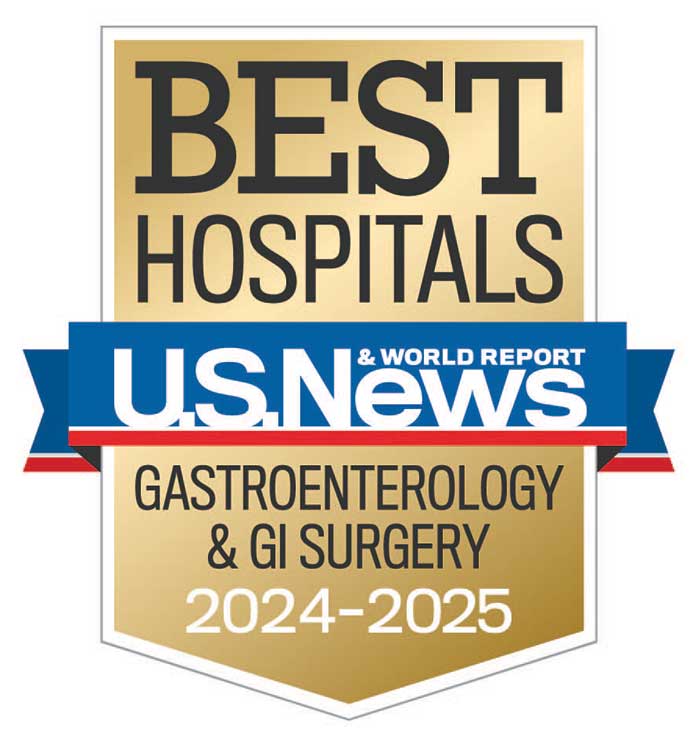Advances in Living Donor Liver Transplantation
To better meet the increasing need for liver transplantation in the U.S. and expand the potential donor pool, living donor liver transplantation (LDLT) is an increasingly viable option.1-3 According to Karen Krok, MD, transplant hepatologist at Penn State Health Milton S. Hershey Medical Center, “Advances in the surgical procedure and donor selection have made the process safer. Overall, donors fare remarkably well afterward. We have had donors who run a marathon within a year after donation!” Dr. Krok directs the LDLT program, where a total of 12 LDLT procedures have been performed since its inception in 2008, with no donor deaths.
LDLT is now an option for patients with any liver disease diagnosis with a model for end-stage liver disease (MELD) score greater than or equal to 15, including primary sclerosing angitis (PSC). Dr. Krok notes, “With PSC, MELD scores rarely get high enough to qualify the patient for a deceased donor transplant, where the threshold MELD score is greater than 30. In these cases, an LDLT is a valuable option to consider.” In the U.S., LDLT procedures were on track to reach about 350 for 2016. Since 2001, post-transplant outcomes have steadily improved among LDLT recipients, with one-year survival of 89 percent being roughly similar to that among deceased donors.2 The major benefit to LDLT is reduced wait time and decreasing the stress on the patient who is waiting and the family. As Dr. Krok notes, “LDLT recipients are often less sick, with lower MELD scores at the time of transplant.”
For the LDLT program at Hershey Medical Center, the following donor requirements are aimed at donor safety and providing a high-quality transplant to the recipient:
LDLT Donor Requirements:
- Age: 21-60 years
- Body Mass Indes: <28kg/m2
- Compatible blood type
- Excellent general health
- No liver steatosis (<15%)
- Adequate liver volume
Consultations with:
- Hepatology
- Transplant Surgery
- Cardiology – if needed
- Independent Donor Advocate
- Clinical Pharmacist
- Social Work
- Psychologist
Dr. Krok explains, “Donors are required to have some close relationship with the recipient; altruistic donors unknown to the recipient or ‘donor swaps’ are not permitted. Donors undergo a full day of multidisciplinary assessments to determine overall physical and mental health, and whether their liver is of adequate size and tissue quality. The process is rigorous. Only about one in 50 prospective donors actually qualify and then agree to undergo the procedure.”
Call today for patient consultation: 1-800-233-4082

Karen Krok, MD
Professor of Medicine
Penn State Hershey Gastroenterology and Hepatology
Phone: 717-531-6261
Email: kkrok@pennstatehealth.psu.edu
Fellowship: Transplant hepatology, gastroenterology, The Johns Hopkins Hospital, Baltimore, Md.
Residency: Internal medicine, University of Pennsylvania Medical Center, Philadelphia, Pa.
Medical School: University of Pennsylvania School of Medicine, Philadelphia, Pa.
Connect with Karen Krok, MD, on Doximity
References
- Merion RM. Current status and future of liver transplantation. Semin Liver Dis. 2010 Nov;30(4):411-21.
- Olthoff KM, Merion RM, Ghobrial RM, et al. 2005. Outcomes of 385 adult-to-adult living donor liver transplant recipients. Ann Surgery. 242:314-325.
- Brown RS Jr. 2008. Live donors in liver transplantation. Gastroenterology. May;134(6):1802-13.

